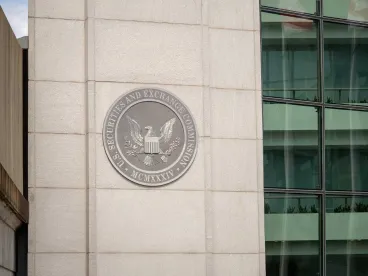On December 14, 2022, the U.S. Securities and Exchange Commission (“SEC”) proposed Regulation Best Execution (“Regulation Best Ex”) under the Securities Exchange Act of 1934, as amended. Regulation Best Ex would generally impose requirements on broker-dealers to use reasonable diligence to ascertain the best market for a security transaction and buy or sell in such market so that the resultant price to the customer is as favorable as possible under prevailing market conditions, subject to certain exemptions. For over half-of-a-century most broker-dealers have been subject to the Financial Industry Regulatory Authority’s best execution rule 5310, but if Regulation Best Ex is adopted, the SEC would begin to regulate best execution directly.
Regulation Best Ex would require broker-dealers (other than most introducing brokers) to have written policies and procedures reasonably designed to comply with the established best execution standard (“Procedures”). These Procedures would need to be enhanced if broker-dealers engage in “conflicted transactions” (as defined in Regulation Best Ex) with respect to retail customer orders, including orders where the broker-dealer pays or receives payment for order flow (“PFOF”).
Although the SEC would not outright ban PFOF in Regulation Best Ex or any of the other three market structure proposals approved by the Commission (together, the “Proposals”), the Proposals collectively may cause the industry to reconsider PFOF practices. Commissioners Peirce and Uyeda both declined to support the proposal of Regulation Best Ex and raised concerns that if PFOF is reduced or eliminated, broker-dealers may seek to replace such revenues through other sources, such as higher brokerage commissions. The Division of Trading and Markets, which was primarily responsible for drafting and presenting the Proposals to the Commission, however, suggested in its presentation that retail customer trades on which price improvement is withheld may be subsidizing harder-to-execute trades on which higher commissions should be paid directly. We will continue to monitor developments related to Regulation Best Ex and consider the interplay between the four Proposals submitted for public comment.





 />i
/>i

